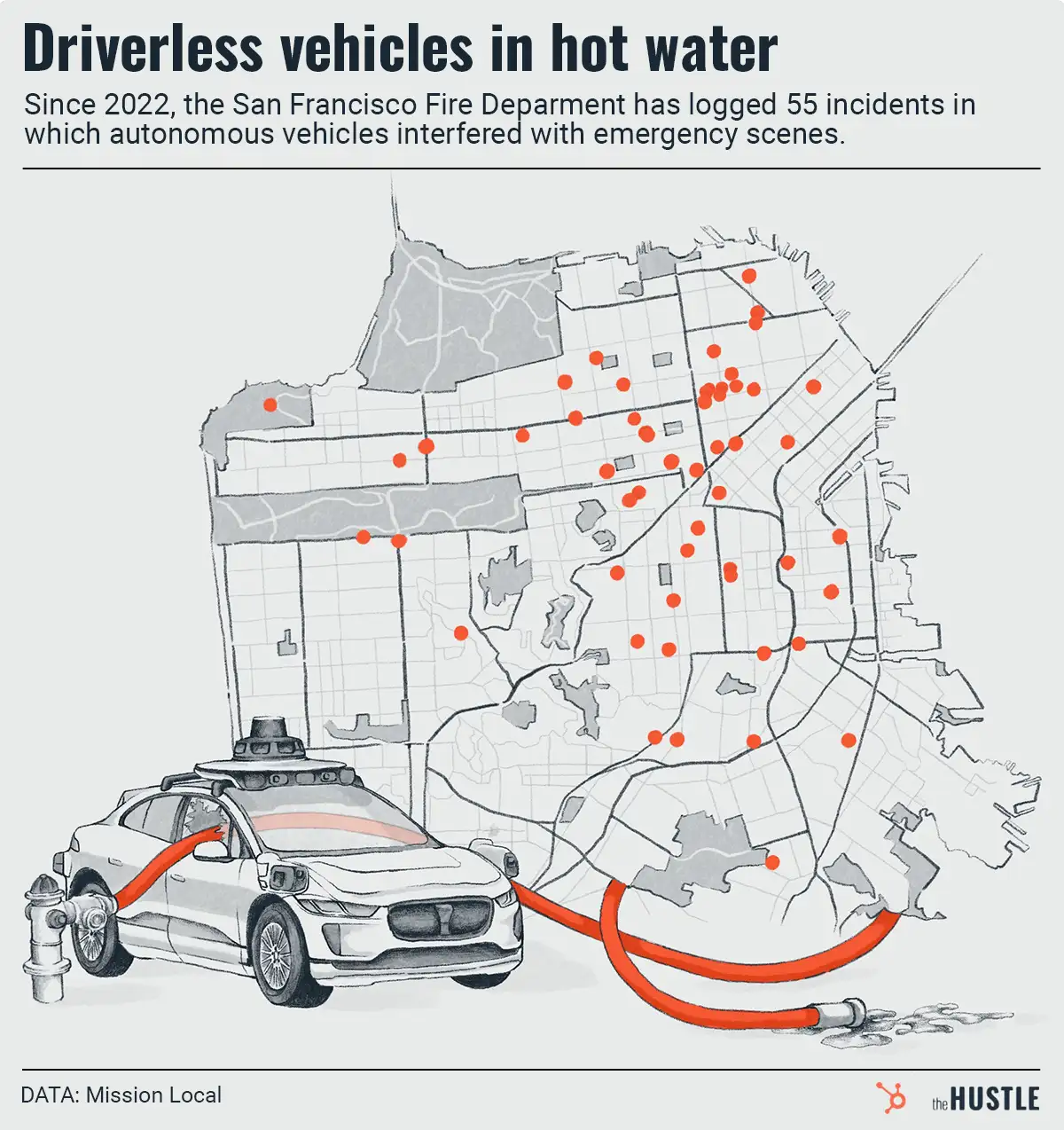Twitter’s CEO Jack Dorsey is committed to decentralization. How do we know? Well, for one, his Twitter bio only says one thing — #bitcoin.

Another thing: He started an initiative called Bluesky to create a decentralized web protocol for social networks.
It would be like the decentralized Internet Message Access Protocol (IMAP), which is used by different email providers (e.g., Yahoo, Gmail, Outlook) to let you send and receive emails.
With a social network protocol in place…
…other industry players can build their own customized version of Twitter and make their own moderation calls.
The decision by Twitter (and other tech players) to take Donald Trump offline firmly raised the question of who has the right to police speech.
Dorsey says that he did not “feel pride” in his decision to suspend the former president, but that it had to be done.
A world in which Bluesky exists — and Twitter is just one of many services operating on the protocol — means that people like Dorsey have “less centralized responsibility in deciding” who has a voice on the internet, TechCrunch reports.
Bluesky was started in late-2019 and has been slow moving
It brought in 40-50 researchers from existing decentralized social networks (ActivityPub, Mastodon, Planetary) and announced its first major update only yesterday — an overview of decentralized web systems.
According to TechCrunch, a fully developed Bluesky could allow new social services to:
- See, search, and interact with content across the protocol
- Create applications with different interfaces and curation algorithms
Twitter can make money from such a decentralized standard by offering access to moderation tools and its social graph, which are all the relationships between various users.
Without centralized moderation, hate speech can run wild
A change from the status quo is inevitable, though.
It’s clear after Trump’s ban, anyone can instantly lose their bullhorn. Just on Wednesday, China’s US Embassy Twitter account was locked for comments regarding its Uighur population.
Leaders around the world — like in Turkey, which just banned social media firms from advertising because they didn’t establish a local rep — are as committed to freeing their speech from the control of a few US tech companies as Dorsey is to decentralization.










